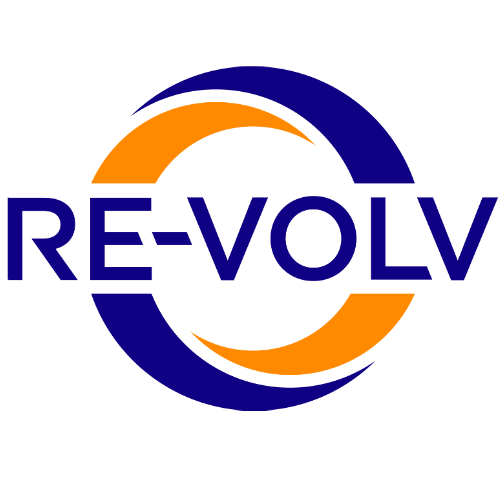Today is a national holiday where we take time to reflect on the legacy of the Rev. Dr. Martin Luther King Jr.
When I reflect on Dr. King, often I think about how his philosophy of nonviolent movement building and his tactics of grassroots community-based organizing can be applied to solving the climate crisis.
But today, as we sit with the pain of our divided nation, and are continuing to process events of this past year, culminating in the unthinkable acts of an armed insurrection taking over our Capital, by people carrying confederate flags, with “Civil War” written on their shirts, I feel that King's teachings are more relevant now than ever, and they can help us navigate this moment and help us heal the divide in our country.
The title of his last book, “Where do we go from Here? Chaos or Community,” seems just as fitting today as it was in 1968.
The hard won victories of Dr. King and the civil rights movement we’re not an isolated moment in history - but rather were a continuation of a long hard struggle for racial equality and social justice that has persisted in this country since its founding and requires just as much effort today as it has the entire time.
As Cornel West points out in his anthology of King’s writings “The Radical King,” we often forget how radical King was. Not only in his critiques of our system, but also in his radical belief in the power of love to heal and to transform.
On the one hand King was clear that “Something is wrong with the economic system of our nation...something is wrong with capitalism…there must be a better distribution of wealth.” And that “in a nation which has a gross national product of $750 Billion a year, it is morally right to insist that every person have a decent house, an adequate education and enough money to provide basic necessities for one’s family.” (Worth noting that the US GNP is now over $20 Trillion and we spend over $750 Billion a year just on the military.)
But on the other hand King reminds us to “love our enemies by realizing that they are not totally bad and that they are not beyond...reach.” He preached that “we must not seek to defeat or humiliate the enemy but to win his friendship and understanding.” He taught that “hate is just as injurious to the person who hates.”
Here is an excerpt from his 1963 sermon "Loving your Enemies”:
“There will be no permanent solution to the race problem until oppressed men develop the capacity to love their enemies. The darkness of racial injustice will be dispelled only by the light of forgiving love...We are tempted to become bitter and to retaliate with a corresponding hate. But if this happens, the new order we seek will be little more than a duplicate of the old order. We must in strength and humility meet hate with love...
...Do I sound like most preachers- idealistic and impractical? Maybe in some distant Utopia, you say, that idea will work, but not in the hard, cold world in which we live.
My friends, we have followed the so-called practical way for too long a time now, and it has led inexorably to deeper confusion and chaos. Time is cluttered with the wreckage of communities which surrendered to hate and violence. For the salvation of our nation and the salvation of mankind, we must follow another way. This does not mean we abandon our righteous efforts. With every ounce of our energy we must continue to rid this nation of the incubus of segregation. But we shall not in the process relinquish our privilege and our obligation to love. While abhorring segregation, we shall love the segregationist. This is the only way to create the beloved community."
This historical moment we find ourselves in is unprecedented, and I don't think anyone knows what it will take to truly heal the deep wounds in our country. But perhaps if we reflect on Dr.King’s words and acts, some good will come out of that.
“To guard ourselves from bitterness we need the vision to see in this generation’s ordeals the opportunity to transfigure both ourselves and American society,” he wrote.
May we take a moment today to be grateful for all those who have worked to make our world a more just, equitable, loving place, and have taught us by their example.
